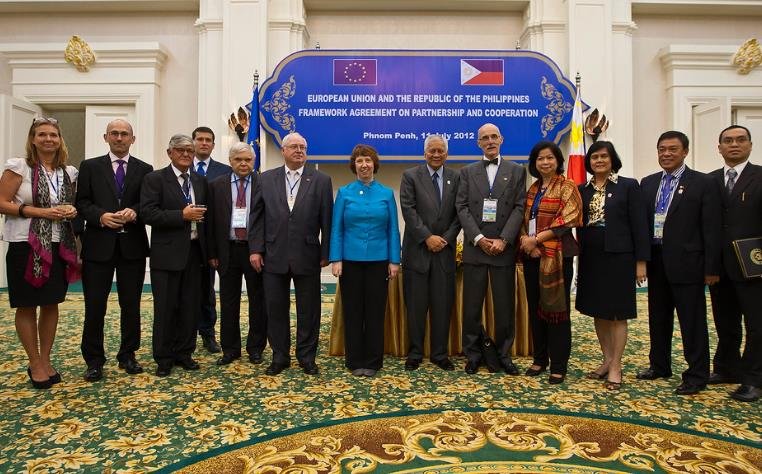In a move that has sparked debate across continents, the European Union and Egypt have inked a multi-billion euro agreement aimed at managing migration flows. This strategic partnership, while promising enhanced cooperation in various sectors, raises ethical questions about the implications of outsourcing border control.
The EU’s relationship with Egypt has ascended to a ‘strategic partnership’ with the signing of a €7.4 billion deal. This partnership is not just a financial transaction but a complex tapestry woven with political, economic, and social threads. The EU looks to Egypt as a keystone in the arch of Mediterranean stability, while Egypt eyes the economic boon and recognition such a partnership promises.

The deal, however, is not without its detractors. Critics argue that it effectively outsources Europe’s border control to a nation with a checkered human rights record. The moral calculus of this agreement is intricate, balancing the desperate need for managing migration with the values the EU purports to uphold.
The Mechanics of the Deal
At the heart of the agreement lies a hefty sum of €7.4 billion, earmarked for enhancing trade, security, and economic development. Yet, the core objective is to stem the tide of migrants making the perilous journey to European shores. The funds are intended to bolster Egypt’s capacity to intercept and host migrants, but the finer details of implementation remain shrouded in ambiguity.
The strategic partnership also promises to address root causes of migration, such as poverty and political instability. However, the effectiveness of such measures is yet to be seen, and the ethical implications of externalizing migration controls linger as a point of contention.
The Ethical Quandary
The EU-Egypt deal stands at a moral crossroads, embodying the tension between pragmatism and principle. On one hand, it represents a pragmatic approach to a pressing issue; on the other, it raises profound ethical questions about the cost of convenience and the outsourcing of responsibility.
The partnership has been criticized for potentially compromising the EU’s commitment to human rights. By relying on Egypt to manage migration, the EU risks being complicit in any human rights violations that may occur as a result of this policy. The moral ambiguity of this deal poses a challenge to the EU’s image as a champion of human rights and democratic values.
